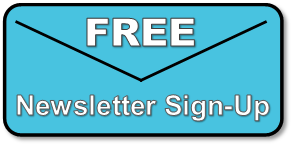Blog

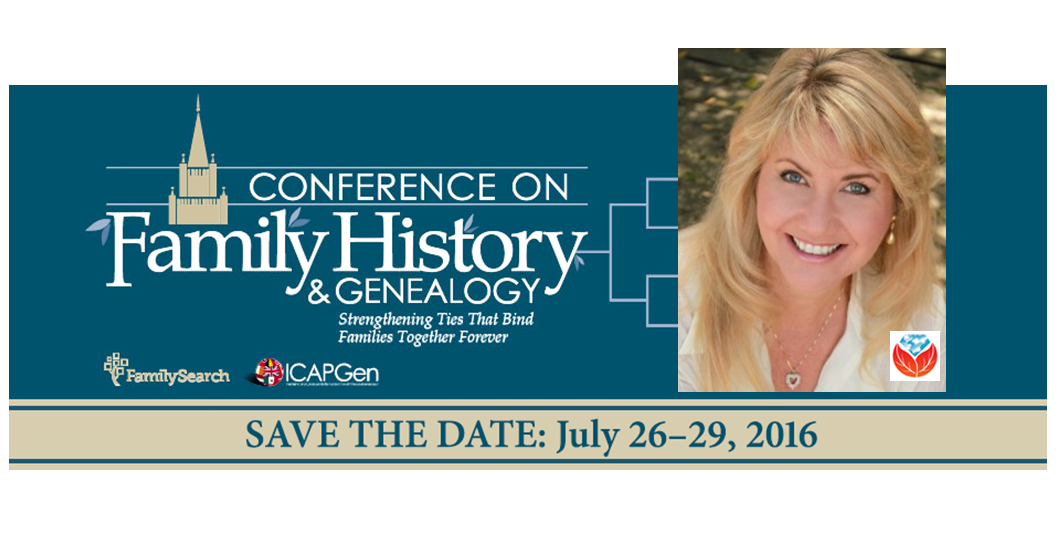
BYU Family History Conference 2016
The BYU family history conference is coming up July 26-29, 2016 in Provo, Utah. I’ll be there! Will you? I hope you’ll come say hello.
I hope to meet many of you at Brigham Young University’s annual Conference on Family History and Genealogy in Provo, Utah, coming up on July 26-29, 2016. They’re keeping me busy during the first two days of the conference, when I will be teaching five lectures! Those presentations will include:
They’re keeping me busy during the first two days of the conference, when I will be teaching five lectures! Those presentations will include:
- Genealogical Time Travel: Google Earth is Your DeLorean. Get ready to experience old historic maps, genealogical records, images, and videos coming together to create stunning time travel experiences in the free Google Earth program. We’ll incorporate automated changing boundaries, and uncover historic maps that are built right into Google Earth. Tell time travel stories that will truly excite your non-genealogist relatives! You’ve never seen anything like this class!
- Get the Scoop on Your Ancestors with Newspapers. Yearning to “read all about it?” Newspapers are a fantastic source of research leads, information and historical context for your family history. Learn the specialized approach that is required to achieve success in locating the news on your ancestors. Includes 3 Cool Tech Tools that will get you started.
- Google Tools & Procedures for Solving Family History Mysteries. In this session we will put Google to the test. Discover Google tools and the process for using them to solve the genealogical challenges you face. You’ll walk away with exciting new techniques you can use right away.
- Soothe Your Tech Tummy Ache with These 10 Tech Tools. Are you sick and tired of navigating the countless tech tools available to help with your family history? The good news: You don’t need them all to accomplish your genealogy goals. The video session will soothe your suffering by simply focusing on these 10 technology tools that will help you bypass tech overload and get back to your genealogy research.
- Tablet and Smartphone Tricks, Tips and Apps. Tablets and smartphones are built for hitting the road and are ideally suited for genealogy due to their sleek size, gorgeous graphics and myriad of apps and tools. In this class you will discover the top apps and best practices that will make your mobile device a genealogical powerhouse! (iOS and Android)
WHAT: Brigham Young University Conference on Family History & Genealogy
WHEN: July 26-29, 2016
WHERE: BYU Conference Center, 730 East University Pkwy, Provo, UT
REGISTER: Click here for full conference information
Gems editor Sunny Morton will join me at the BYU family history conference in the vendor hall and in the classroom. She’ll be lecturing on researching collateral relatives (as indirect routes to direct ancestors); finding “relatively recent” 20th-century relatives; finding family history in Catholic church records; how to carefully consider your sources; and a hands-on workshop for planning your next family history writing project.
This year’s conference promises to be rich in expertise and education. Keynote speakers include FamilySearch CEO Steve Rockwood and professional genealogist and author, Paul Milner. There are more than 100 classes planned in several topic areas. ICAPGen will host a luncheon, too. A nice extra is that the conference center is so easy to get around in, with free parking right next to the building.
Click here to learn more about the conference and register. And please come say hello to me and Sunny at the Genealogy Gems booth in the exhibit hall on Wednesday or Thursday!
The BYU Family History Conference 2015
Last year, I delivered gave a keynote address on various technologies that help our research. It reminds me how quickly technology moves–and how enthusiastically genealogists continue to embrace new opportunities given them by technology. Click here to read a summary of that talk and whet your appetite for this year’s conference!
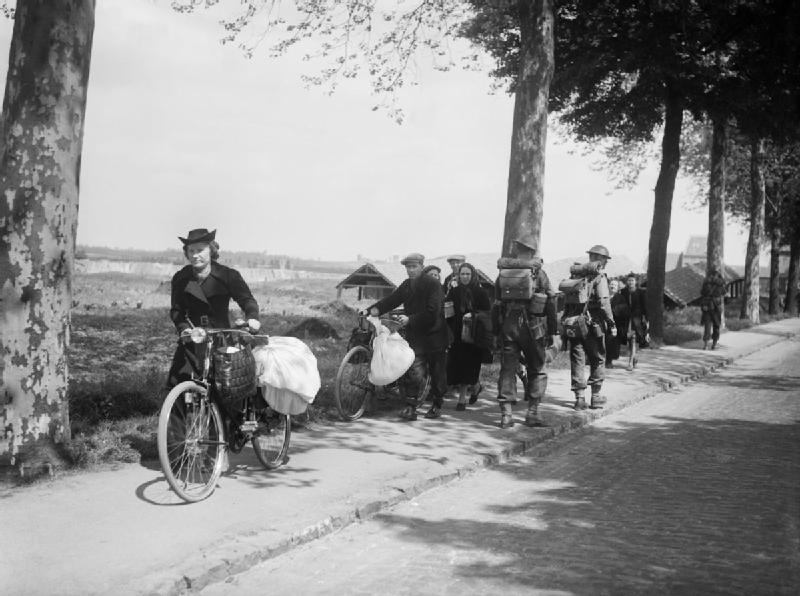
Emigration Records With an E: When Your Ancestors Left the Country
Traveling ancestors created records when they left the country of their origin and when they arrived at their new residence. We often talk about immigration, with an I, but have you researched your ancestors emigration records with an E?
When our ancestors traveled from one place to another, they became two types of migrants. First, they were Emigrants with an E, and then, they were Immigrants with an I. Emigration with an E means someone exiting a country and immigration with an I means someone coming into it. Let’s learn more about emigration…with an E.
I live in a country that doesn’t have much in the way of historical emigration records, but other countries do. I have to remember these emigration records when I start looking overseas for my relatives who were crossing the pond to live here.
EXAMPLES OF EMIGRATION RECORDS
Swedish parishes kept emigration records which are now on Ancestry dating back to 1783. According to the database description, this record set is pretty complete, representing about 75% of those who actually left the country. These rich records can provide place of origin, destination, and the date and place of departure.

For a time, the U.K. also kept outward passenger lists of those leaving the U.K. ports for destinations outside of Europe. The lists include British citizens and those traveling through the U.K. These passenger lists no longer survive for the years before 1890, but they are on Ancestry for the years of 1890-1960. Of course, while writing this post I just had to take a moment to do a bit of searching myself, and that lead to this genealogy gem: my husband’s grandfather, and his parents embarking at Liverpool in 1912!
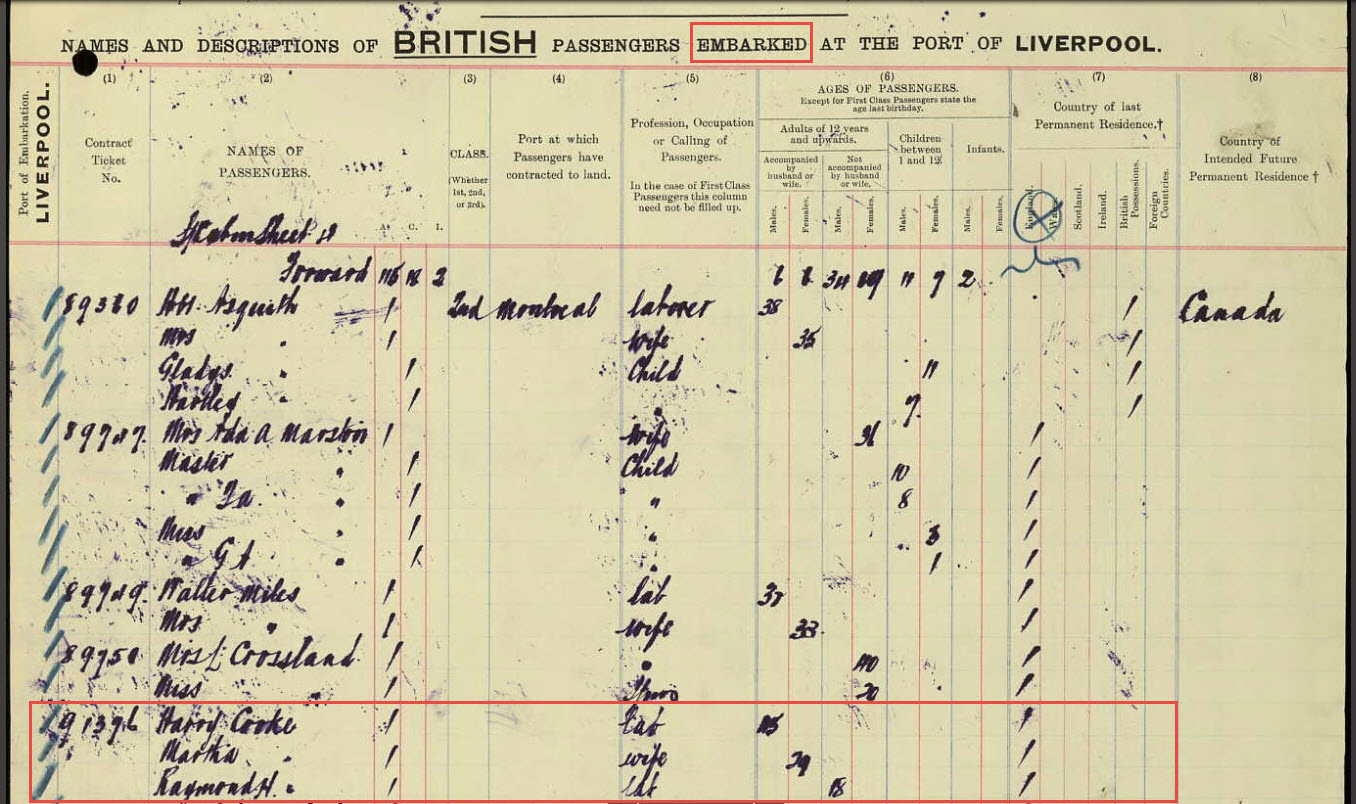
I also spotted this interesting item in the database description. Quoted from the U.K. National Archives website:
“Between 1890 and 1920, among the highest tonnage of ships were leaving British ports bound for North America. Many passengers were emigrants from Britain, Ireland, and Europe. European emigrants bound for America entered the United Kingdom because traveling steerage was less expensive from a British port than from a port in Europe. The shipping companies imposed restrictions on passengers registering; passengers had to have British residency of six weeks to qualify. Many passengers too impatient to qualify for residency changed their names to avoid detection.”
A name change would certainly present a challenge, but it’s very good to know to be on a look out for that situation. This is another example of why it is so important to read the description of the databases you search.
MORE EMIGRATION RECORD COLLECTIONS
A quick search of Ancestry’s card catalog shows emigration collections for Prussia, Switzerland, a few parts of Germany, Jewish refugees from several nations in Europe, and an interesting collection of Dutch emigrants who came to North America with the help of the Canadian and Dutch governments.
Another excellent resource is the FamilySearch Wiki. You can search for the name of the country and the word emigration (with an e) to find out more about your targeted area. I typed in Hungary emigration and found the following information.
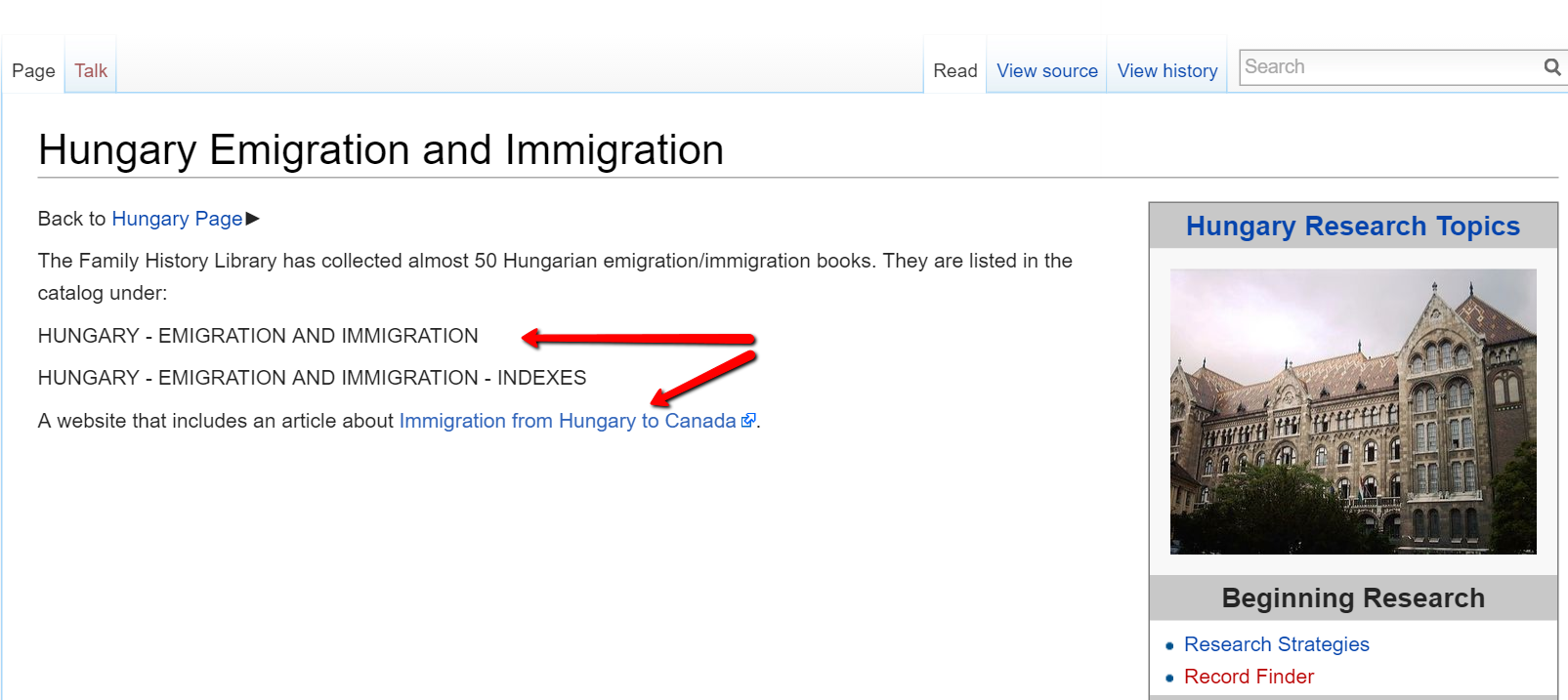
Did your emigrant (or immigrant) ancestor generate records in the country he or she left from as well as the country he or she entered? Remember to check!
MORE GEMS ON IMMIGRATION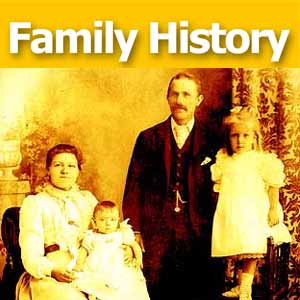
- Assisted Immigration to Australia: Queensland Passenger Lists
- Immigration and Naturalization Records for Family History, Part I
- Immigration and Naturalization Records for Family History, Part II
The Genealogy Gems Podcast Episode 193: Published!
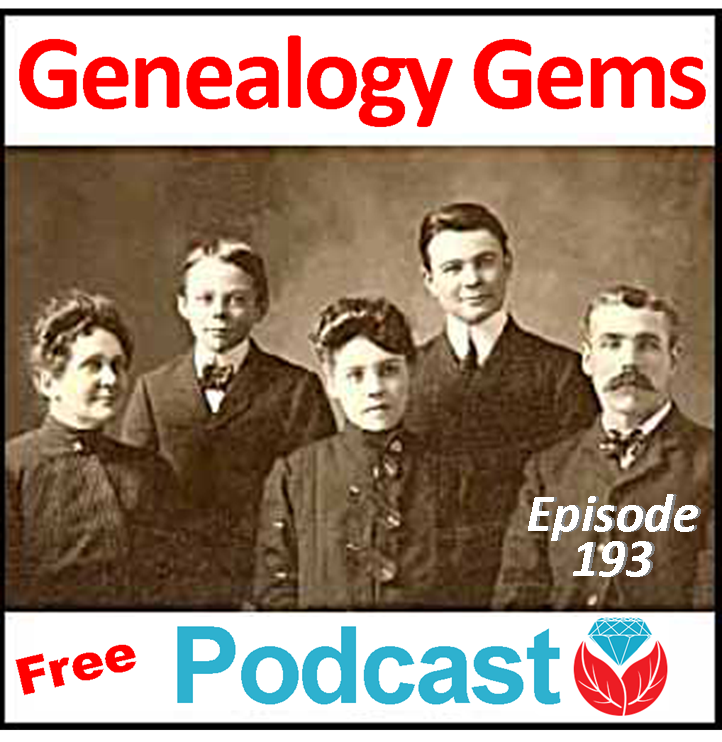 The Genealogy Gems Podcast episode 193 is ready for listening! It’s packed with genealogy news you can use; inspiring tips from listeners and experts and the NEW Genealogy Gems Book Club pick.
The Genealogy Gems Podcast episode 193 is ready for listening! It’s packed with genealogy news you can use; inspiring tips from listeners and experts and the NEW Genealogy Gems Book Club pick.
Ready to tune in the newest episode of The Genealogy Gems Podcast? Episode 193 offers a true “variety show” of news, listener comments and expert insights. Your DNA Guide Diahan Southard weighs in with a key principle for genetic genealogy: helping you understand the not-quite-so-simple relationship between your genetic family tree and your genealogical family tree.
 My favorite segment in The Genealogy Gems Podcast episode 193 actually comes from Lisa’s listener mailbox, though. This listener responded to The Genealogy Gems Podcast episode 192 with a tip of his own on the U.S. Public Records Index, some great sleuthing on his part into an adoption mystery in his family and even his own research into the area of Sussex, England, which Lisa highlighted in the show in connection with The Summer Before the War, the previous Genealogy Gems Book Club title.
My favorite segment in The Genealogy Gems Podcast episode 193 actually comes from Lisa’s listener mailbox, though. This listener responded to The Genealogy Gems Podcast episode 192 with a tip of his own on the U.S. Public Records Index, some great sleuthing on his part into an adoption mystery in his family and even his own research into the area of Sussex, England, which Lisa highlighted in the show in connection with The Summer Before the War, the previous Genealogy Gems Book Club title.
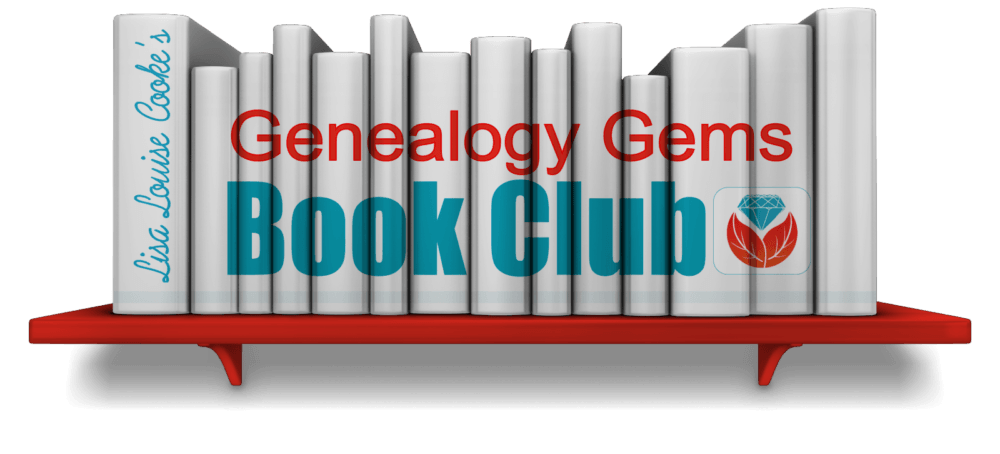 Speaking of the Book Club, this episode also announces a brand new featured book. It’s another novel about love and war by a British author. But it’s a different war, a different kind of love story and a VERY different way of telling the story! Click to the podcast episode for the “big reveal.” I will tell you this: Gems audio editor Vienna Thomas just remixed our upcoming interview with the author and she LOVED it! She said now she can’t wait to read the book.
Speaking of the Book Club, this episode also announces a brand new featured book. It’s another novel about love and war by a British author. But it’s a different war, a different kind of love story and a VERY different way of telling the story! Click to the podcast episode for the “big reveal.” I will tell you this: Gems audio editor Vienna Thomas just remixed our upcoming interview with the author and she LOVED it! She said now she can’t wait to read the book.
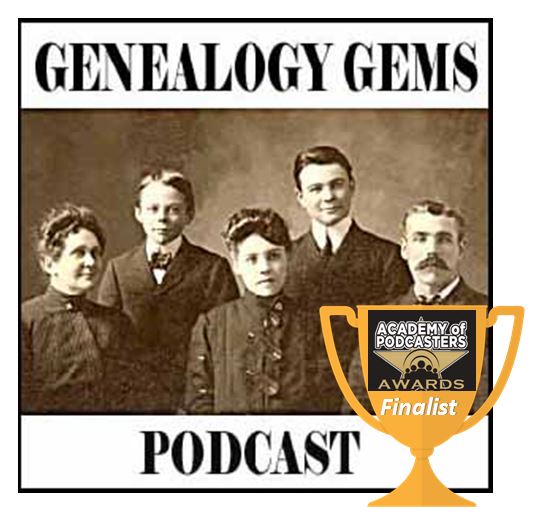 The FREE Genealogy Gems Podcast has been entertaining audiences on the “internet airwaves” for years! Nominated last year for the first-ever Academy of Podcasters awards, the show has had more than 1.75 million downloads worldwide. Host and producer Lisa Louise Cooke is loved for her warm conversational style, inspiring family history stories and the expert genealogy tips she threads into each episode–especially the tech tips we all need to keep up with the fast-paced and exciting world of genealogy.
The FREE Genealogy Gems Podcast has been entertaining audiences on the “internet airwaves” for years! Nominated last year for the first-ever Academy of Podcasters awards, the show has had more than 1.75 million downloads worldwide. Host and producer Lisa Louise Cooke is loved for her warm conversational style, inspiring family history stories and the expert genealogy tips she threads into each episode–especially the tech tips we all need to keep up with the fast-paced and exciting world of genealogy.
Thanks for listening! And thanks for recommending The Genealogy Gems Podcast to your genealogy buddies. You’re a Gem!